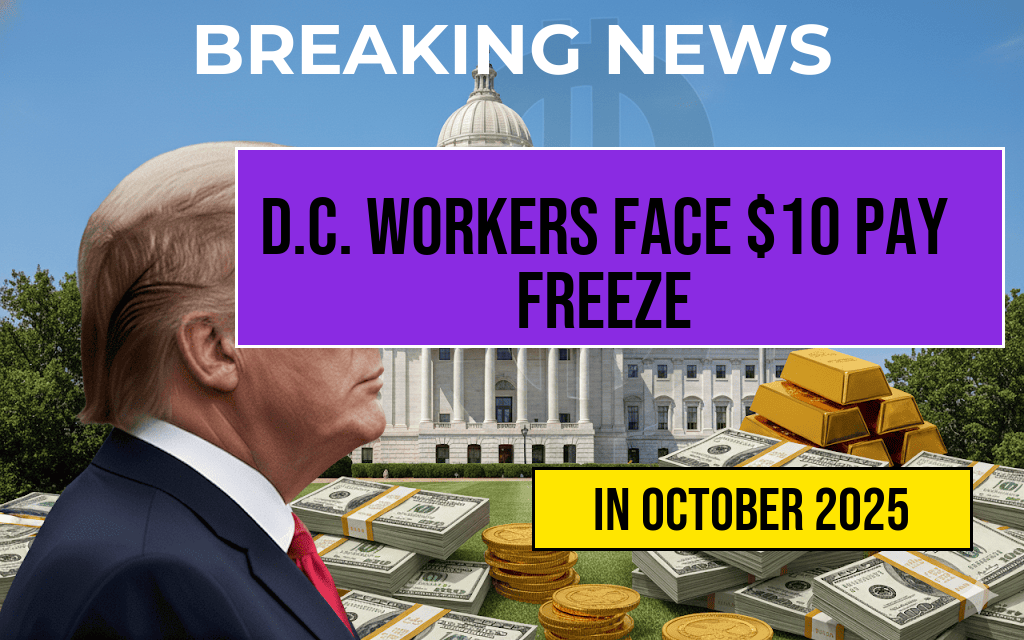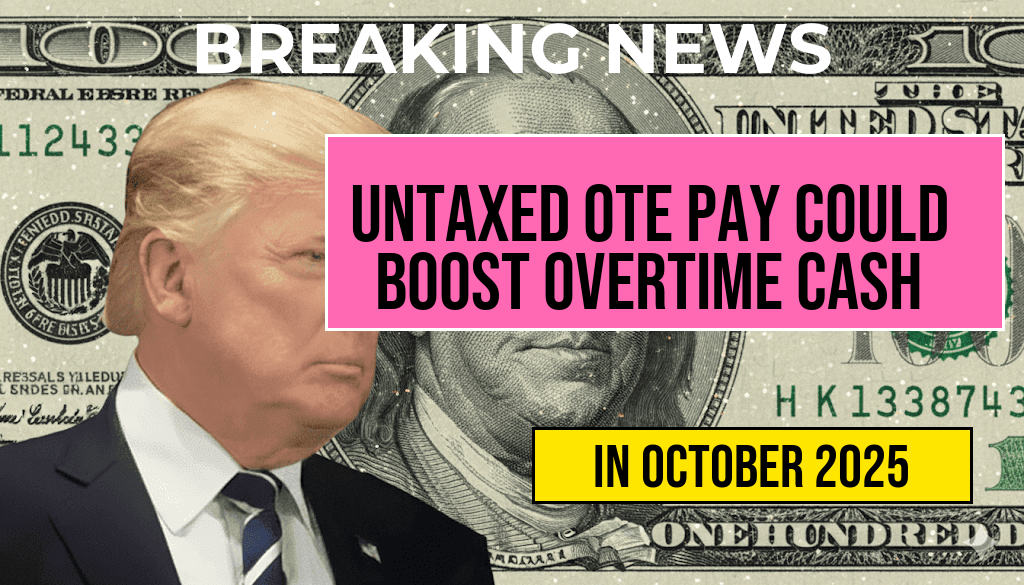In a move that has stirred significant concern among service industry workers, Washington D.C. officials have announced a freeze on the base pay for tipped employees at $10 per hour. This decision, which affects thousands of restaurant staff, bartenders, and other service workers, comes at a time when many are struggling to make ends meet amid rising living costs. The freeze not only maintains the existing base pay but also has the potential to reduce weekly earnings by hundreds of dollars for those who rely heavily on tips to supplement their income. As the city grapples with the implications of this policy, advocates for workers’ rights are calling for a reevaluation of how tipped wages are regulated in the district.
Understanding the Wage Structure for Tipped Workers
The current wage structure for tipped workers in Washington D.C. involves a base pay that is significantly lower than the standard minimum wage, which is set at $16.10 per hour. Employers are allowed to pay tipped employees a lower base wage, expecting that tips will make up the difference. With the base wage held at $10, many workers face uncertainty as they navigate their financial obligations.
Impact of the Pay Freeze
The decision to freeze the base pay is expected to have widespread repercussions. Here are some key areas of concern:
- Reduced Income: Many tipped workers depend on tips to reach a living wage. With the base pay unchanged, workers could see their weekly earnings drop significantly, especially during slower business periods.
- Increased Financial Strain: As inflation continues to rise, the inability to increase base pay could exacerbate the financial challenges faced by these workers, including housing, healthcare, and basic living expenses.
- Worker Morale: The freeze may lead to decreased morale among service employees, who may feel undervalued and exploited, affecting workplace culture and customer service.
Responses from Workers and Advocates
Many tipped workers have expressed frustration over the freeze. “It feels like we are being punished for doing our jobs well,” said Sarah, a waitress at a popular D.C. restaurant. “With the cost of everything going up, we need our base pay to increase, not stay the same.”
Advocates for workers’ rights argue that the current structure is outdated and needs reform. “This freeze is a step backward for workers who are already struggling,” stated Mark, a local labor activist. “We need to rethink how we value service workers in this city.”
Legislative Context
The pay freeze comes amidst ongoing debates in the D.C. Council about the future of tipped wages. Some council members have proposed increasing the base wage for tipped workers to better align with the city’s minimum wage, while others argue that such changes could lead to higher costs for consumers and fewer job opportunities in the service sector.
The council is expected to revisit the issue in upcoming sessions, with proponents of wage reform urging the city to consider the long-term economic impact on workers and the community.
Economic Considerations
While the freeze is a significant concern for workers, it also poses questions about the broader economic implications for the service industry. Here are some factors to consider:
| Factor | Potential Impact |
|---|---|
| Consumer Spending | Reduced income for workers may lead to decreased spending in local businesses. |
| Employment | Higher turnover rates as workers seek better-paying opportunities elsewhere. |
| Price Increases | Restaurants may raise menu prices to compensate for labor costs, impacting consumers. |
Looking Ahead
The freeze on base pay for tipped workers in Washington D.C. raises critical questions about the sustainability of the current wage model. As workers, advocates, and lawmakers engage in discussions about wage reform, the outcomes will likely influence not only the livelihoods of thousands but also the economic health of the D.C. service industry as a whole. For more information on the challenges faced by tipped workers, visit Wikipedia or explore insights from Forbes.
Frequently Asked Questions
What is the current base pay for tipped workers in D.C.?
The current base pay for tipped workers in D.C. is set to remain at $10, as there will be a freeze on any increases.
How does the base pay freeze affect tipped workers’ income?
The freeze on the base pay means that many tipped workers may see their weekly tips decrease by hundreds of dollars, impacting their overall income.
Why was the decision made to freeze the base pay?
The decision to freeze the base pay for tipped workers is part of ongoing discussions about fair wages and the economic impact of the pandemic on the service industry.
What are the potential long-term effects of this pay freeze?
In the long term, the pay freeze could lead to increased financial instability for tipped workers, affecting their ability to meet basic living expenses.
Are there any advocacy efforts aimed at changing the pay freeze?
Yes, various advocacy groups are actively working to challenge the pay freeze and push for higher wages for tipped workers in D.C.








